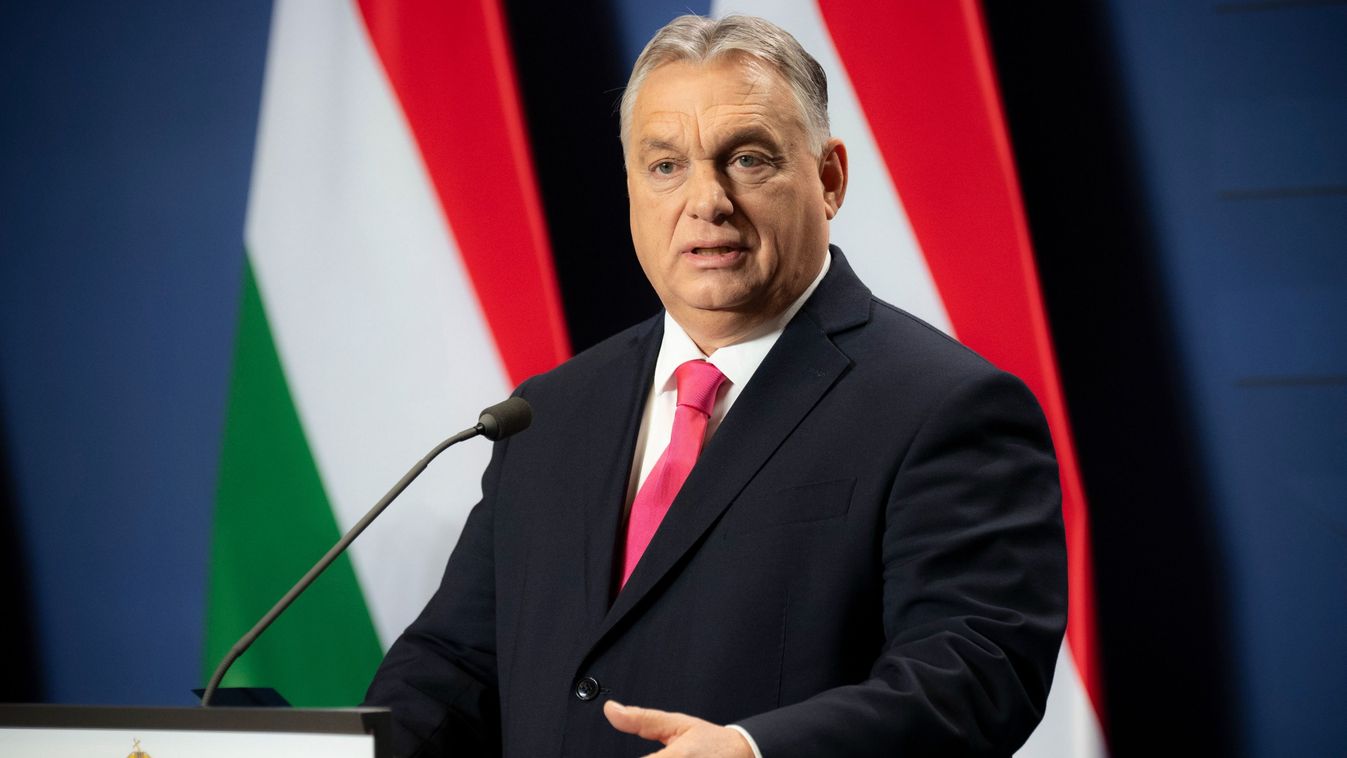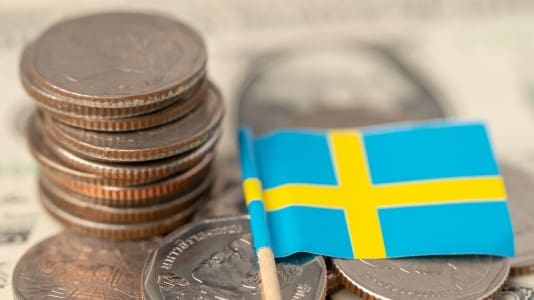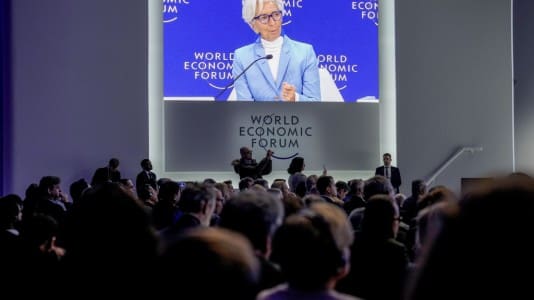In an interview with the Swiss Neue Zürcher Zeitung, Adnan Ćerimagić, an analyst at the Berlin-based think tank European Stability Initiative, spoke at length about how he believes Viktor Orbán poses a greater risk to the Balkan region than Vladimir Putin. The analyst argued that the very fact that Orbán has a good relationship with Serbian President Aleksandar Vučić is a great danger.
“Orbán is a role model for Belgrade and Banja Luka,” said the expert, who is also concerned that Orbán, along with Putin, has now been awarded the highest honor of the Republika Srpska, referred to as the “Serb Republic,” an entity of Bosnia and Herzegovina that serves as home for most of the Serbs in that country.
“The prime minister of Hungary, Viktor Orbán, has accepted to receive the highest award of the Republika Srpska. It is the pride of the Republic and gratitude to a man who is ready to respect us as a real political fact. My people and I have followed what you have contributed to the Republika Srpska. We have a friend like never before earlier,” said Dodik on Jan. 9. Although Orbán was not present to accept the award, it was agreed upon that he would accept the award in person later in the month.
Orban has also blocked attempts from the EU to sanction Dodik, who has already been hit with sanctions by the United States and the United Kingdom for his alleged efforts against Bosnia and Herzegovina.
Ćerimagić explained that Orbán’s support for Bosnian Serb leader Milorad Dodik gives the Bosnian Serb politician political capital, which he believes shows that “Orbán is more destructive in the region than Putin.” The Berlin think-tank analyst called on the EU and NATO to “show Orbán and Vučić where the red line is.”
He claimed that Orbán, Dodik and Vučić are also linked by the way they think about demography and migration.
Hungary’s pivotal role in the EU
Ćerimagić said Hungary and Serbia are the two key levers for the European Union in the region:
“The levers that Brussels has are Serbia and Hungary. Dodik can only win over the institutions in the Republika Srpska for a possible secession if he has visible external support. That is why the EU and NATO must now show Budapest and Belgrade the red lines. Hungary is all the more important in this arrangement because it can use its veto to protect Serbia from EU sanctions and interventions.”





